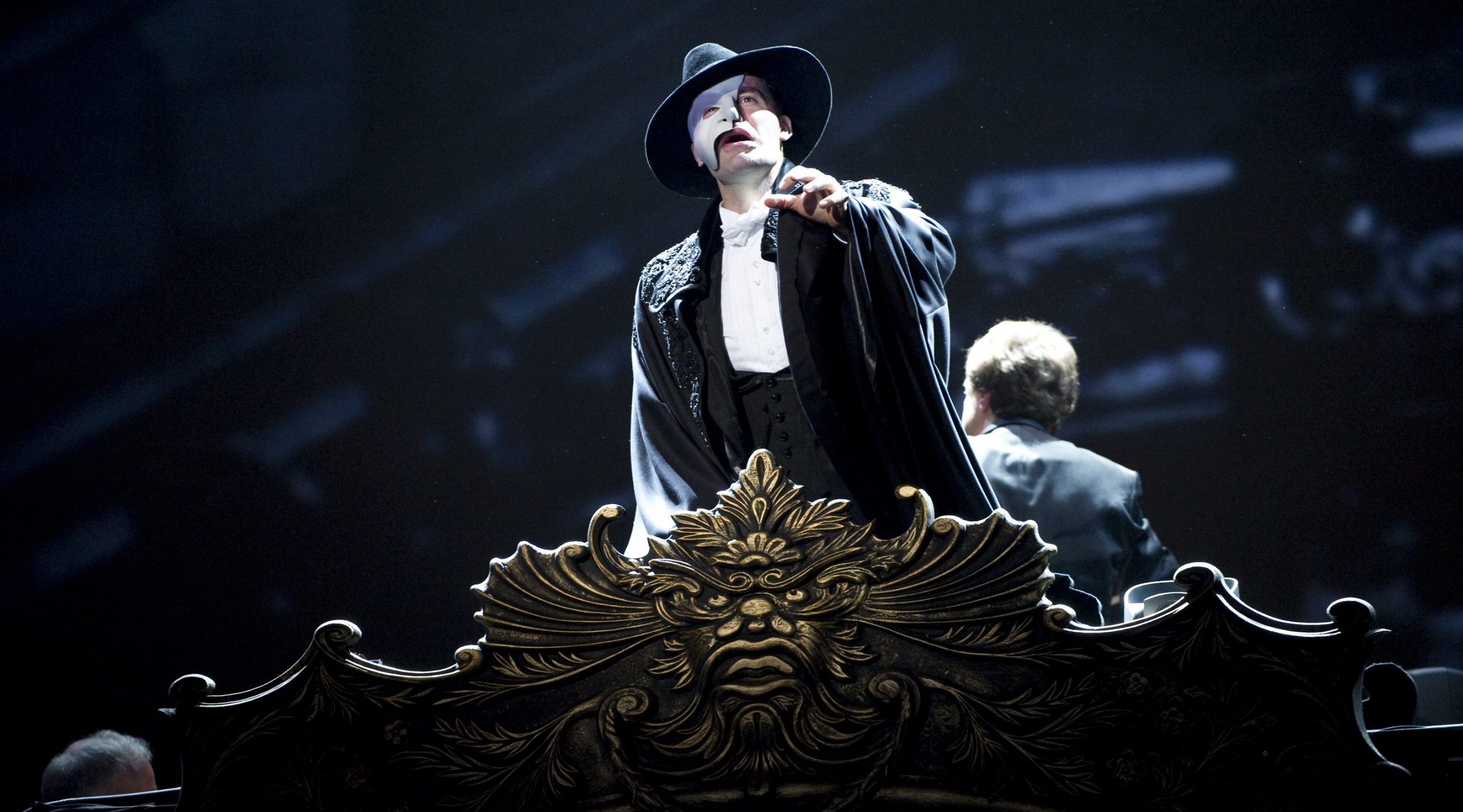Call comes amid mental health concerns about Deaf and those with hearing loss as UK heads into another lockdown.
A charity is calling on venues and performers to ensure they don’t forget about the 12 million people with hearing loss as the arts sector adapts to another lockdown.
Stagetext, which provides captioning and live subtitling in theatres and cultural venues, is concerned about the disproportionate impact the lockdown will have on d/Deaf, deafened and hard of hearing people. It follows official figures released in the summer which show that people with hearing loss are 45% more likely to have reported feeling lonely[1].
The arts charity has seen an increase in demand for live captioned performances online since the first UK lockdown. In April it provided the subtitling for the Phantom of the Opera, with an incredible 2.5 million watching using Stagetext’s subtitles (12.8 million in total watched the performance).
Nearly one in five (18%) of UK adults have hearing loss, yet fewer than 1% are fluent in British Sign Language.
Mum of three Ann Jillings from Lowestoft in Suffolk, whose teenage son is deaf, said the captioning of shows during the pandemic has enabled her family to enjoy online shows together.
Ann said: “We have really appreciated the captioning of shows streamed online during the pandemic. During what is already a challenging time for so many of us, it’s really important we can come together as a family during lockdown to watch some of the great performances and exhibitions on offer.”
Melanie Sharpe, Chief Executive of Stagetext, said: “We are fortunate enough in the UK to have some of the best theatres, museums and galleries in the world.
“We take for granted that most of us are able to enjoy incredible performances and exhibitions, even during a lockdown.
“For the 12 million in the UK who are hard of hearing, it’s not so easy, and we’ve got to do all we can to include them during these challenging times.
“People who are Deaf or with hearing loss are more likely to experience loneliness than non-disabled people, and access to the arts has been proven to improve mental wellbeing.”
The call comes as Stagetext celebrates its sixth annual Captioning Awareness Week (CAW) (9-15 November 2020), which is supported by theatres, museums and galleries in the UK.
The campaign highlights the importance of access to the arts for d/Deaf, deafened and hard of hearing audiences, at a time when performances and exhibitions are being accessed online more than ever before.
Highlights during Captioning Awareness Week include a live subtitled performance of Olivier Award winning play Emilia and a number of renowned shows under the banner of The Shows Must Go On. Live captioned lectures and discussions are also being organised by the British Library, the British Academy and the Royal Society.
Andrew Miller, UK Disability Champion for Arts & Culture, said: “Creative d/Deaf and disabled people are facing unprecedented exclusion as a consequence of the pandemic, so there has never been a greater need for adequate access to online and physical spaces. Initiatives such as CAW20 are essential to raise awareness of the access challenge but also to ensure that the industry delivers an inclusive recovery for d/Deaf, disabled artists and audiences alike.”
Stagetext is celebrating its 20th anniversary this year and has seen huge improvements in access to the arts for d/Deaf, deafened and hard of hearing people during that time. The charity is concerned that this could go under the radar once venues re-open, as the arts sector fights for its future.
Melanie Sharpe said: “We are losing expertise in the arts due to the pandemic. I am concerned that once venues re-open the role of access will just be added to another existing job role.
“The very people who are being advised to consider retraining are the same ones who understand the needs of deaf audiences and know how to ensure their venues are accessible.
“We must do all we can as a sector to continue providing access for those who would otherwise be excluded. These audiences and the freelancers that venues rely upon are crucial in the road to recovery for UK arts and culture.”
[1] Coronavirus and the social impacts on disabled people in Great Britain: July 2020 (ONS report). 64% of people with a hearing impairment reported feeling lonely either always, often, some of the time or occasionally, compared to 44% of non-disabled people.




